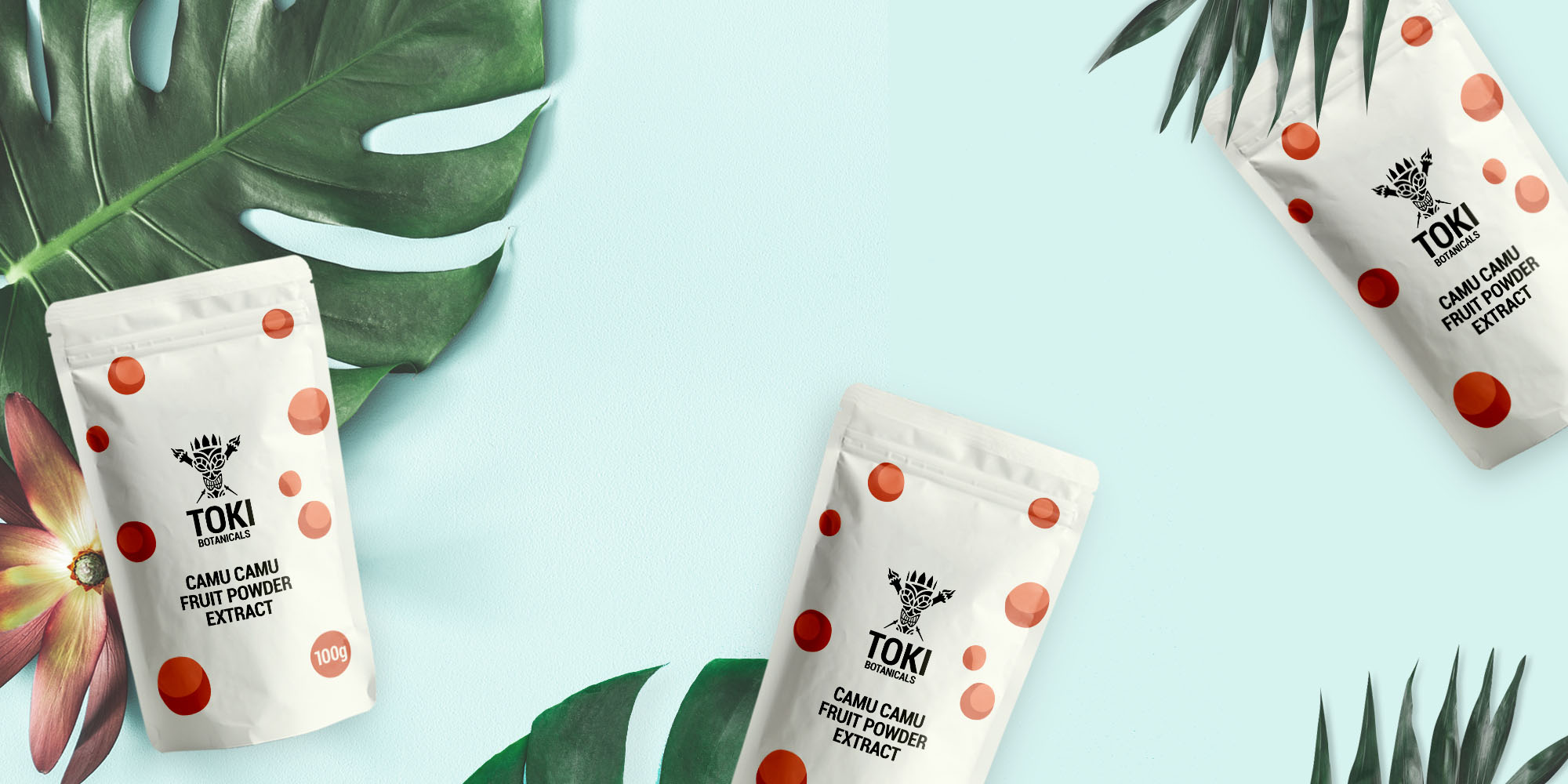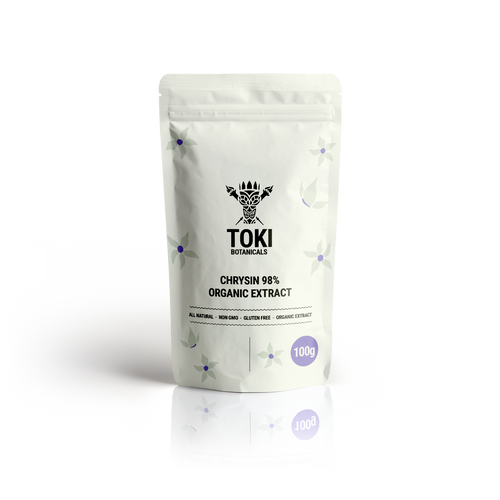Product Description
Camu Camu is a native fruit of the Peruvian Amazon, mostly in floodable areas; it grows on a tree that can reach 5 ms of height. It bears round, bulby fruit, similar to cherries with a diameter of about 3 cms. , that weighs about 20 grs. The ripe fruit pulp can be eaten, with a lovely acid flavor, similar to cherries or lemon. Its most important feature is its high content in ascorbic acid. Camu camu contains more vitamin C than any other fruit on the planet: between 1,800 and 2,780 mg. per 100 grs. camu camu pulp. Compared to oranges, camu camu offers 30 times more vitamin C, 10 times more iron, 3 times more niacin, twice as much riboflavin, and fifty percent more phosphor.

Ingredients : 100% Camu Camu organic fruit
Properties : Camu Camu pulp can be used in juice, nectar, yoghurt, ice cream, marmalade, jelly and alcoholic and non-alcoholic beverages. It is rich in Ascorbic acid or natural Vitamin C, ideal to prepare exotic juice, mixed with other tropical fruits. Dehydrated Camu Camu pulp can be used to make capsules, tablets or natural Vitamin C tablets or to enhance sports-, nutraceutical and Citrus Punch beverages, or dairy products, such as yoghurt, ice cream,etc.
- Food supplement, Antioxidant, Heightens natural defenses and immunity,Antibacterial, Prevents infections and scurvy.
- Plays an important role in the formation of teeth, bones and connective tissue.Prevents fragile hair, bleeding, malformation of bones and teeth.
- Helps to avoid exhaustion, important for the formation of muscles, tendons and ligaments. Essential for the absorption of iron (prevents Athlete’s anemia)
- May prevent and heal celular agression due to oxidation by free radicals, in eye infections such as Age-related macular degeneration and cataract.
- Especially important for children, pregnant and lactating women and elderly people, to supplement their diet with good quantities of vitamin C.

Active Principle:
The fruits of this plant are exceptionally rich in ascorbic acid (Vitamin C), almost a 100 times more than orange pulp. Ascorbic acid (3000 to 6000 mg/100g pulp), citric acid; in this family of plants leucoantocianins, ciclitols, tanins, acids and phenolic acids and essences are common.








